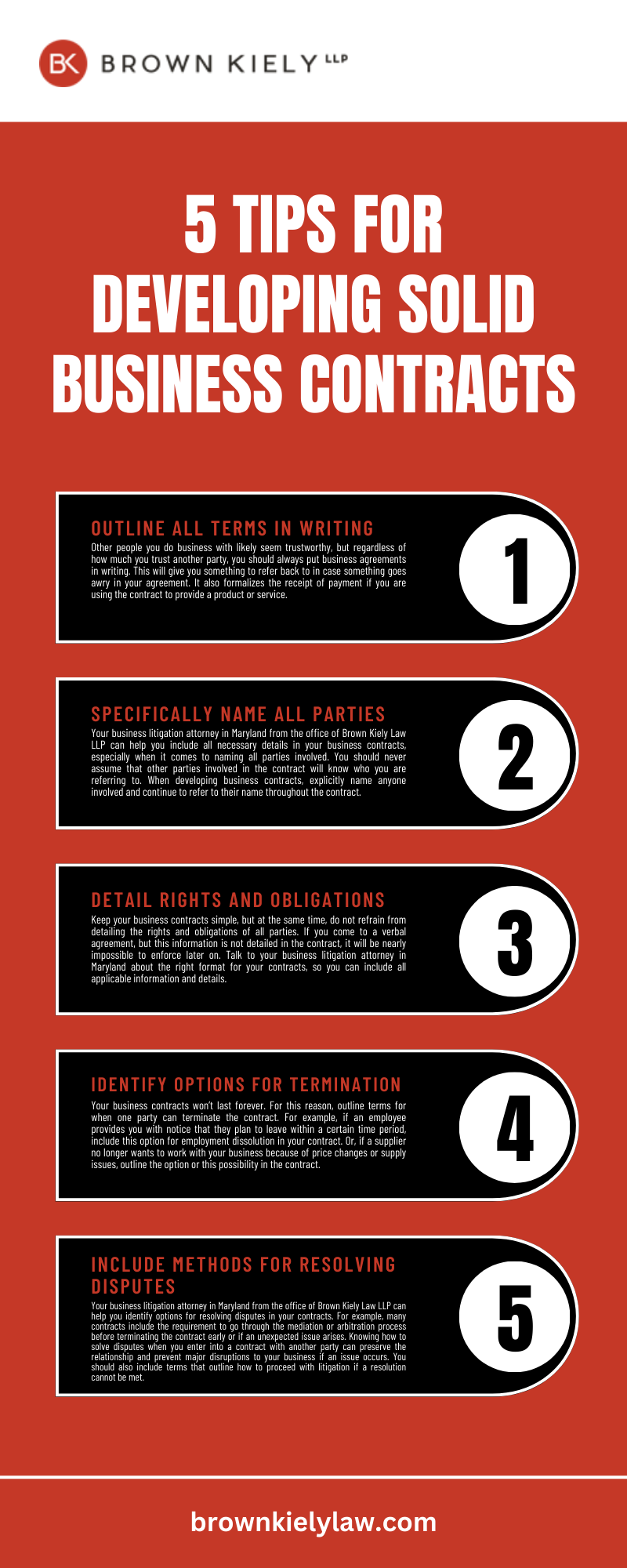
Business Torts Litigation: Tips for Legal Success

Navigating Business Torts Litigation: Strategies for Legal Success
Business torts litigation involves complex legal challenges that require strategic navigation. In this article, we explore essential tips to guide legal professionals through the intricacies of business torts litigation, providing valuable insights for a successful legal journey.
Understanding Business Torts: Foundation for Litigation
Business torts encompass a range of wrongful actions committed against businesses, including fraud, interference with contracts, and defamation. Before delving into litigation, it’s crucial to understand the nature of business torts, as a solid foundation empowers attorneys to craft effective legal strategies.
Thorough Case Evaluation: Identifying Key Elements
A thorough evaluation of the case is paramount in business torts litigation. Attorneys should identify key elements such as the existence of a duty, breach of that duty, causation, and damages. Understanding the nuances of the case ensures that litigation strategies align with the specific circumstances at hand.
Strategic Pleadings: Setting the Stage for Success
Effective pleadings lay the groundwork for a successful business torts case. Attorneys must craft pleadings that clearly articulate the facts, legal theories, and claims, setting the stage for a compelling argument. Strategic pleadings not only guide the court but also influence the trajectory of the litigation.
Discovery Tactics: Uncovering Crucial Evidence
Discovery is a crucial phase in business torts litigation, providing an opportunity to uncover essential evidence. Attorneys should employ strategic tactics during discovery, utilizing interrogatories, document requests, and depositions to gather information that strengthens their client’s position and weakens the opposition’s case.
Expert Witness Selection: Enhancing Case Credibility
Expert witnesses play a pivotal role in business torts litigation. Careful selection of experts with relevant expertise enhances the credibility of the case. Whether in economic damages, industry practices, or specific legal standards, expert testimony can sway the court in favor of the litigating party.
Effective Motion Practice: Shaping the Litigation Landscape
Strategic motion practice is a powerful tool in business torts litigation. Attorneys should skillfully use motions to dismiss, motions for summary judgment, and other procedural tools to shape the litigation landscape. Well-crafted motions can lead to case resolution or strengthen negotiating positions.
Negotiation and Settlement: Pursuing Resolution
While litigation is often adversarial, pursuing negotiation and settlement can be advantageous in business torts cases. Attorneys should assess the potential benefits of settlement, considering factors such as costs, risks, and the client’s objectives. Negotiating from a position of strength can lead to favorable resolutions.
Trial Preparation: Building a Persuasive Case
For cases that proceed to trial, thorough preparation is essential. Attorneys should meticulously prepare for trial by refining legal arguments, preparing witnesses, and developing a persuasive trial strategy. A well-prepared case enhances the likelihood of success in the courtroom.
Adaptability in Litigation: Responding to Challenges
Business torts litigation is dynamic, and adaptability is a key attribute for success. Attorneys must be prepared to respond to unexpected challenges, whether in the form of evidentiary issues, legal precedents, or shifts in the case landscape. Adaptability ensures effective advocacy in the face of uncertainties.
Continuous Legal Education: Staying Informed and Relevant
Staying informed about developments in business torts law is essential for legal professionals. Continuous legal education ensures that attorneys remain abreast of changes in statutes, case law, and emerging legal trends related to business torts. Keeping knowledge current enhances the quality of legal representation.
Business Torts Litigation Tips for Success
For comprehensive insights and practical tips on navigating business torts litigation, visit Business Torts Litigation Tips. This resource offers valuable guidance for attorneys seeking success in business torts cases, providing a roadmap for effective legal representation in complex litigation scenarios.






